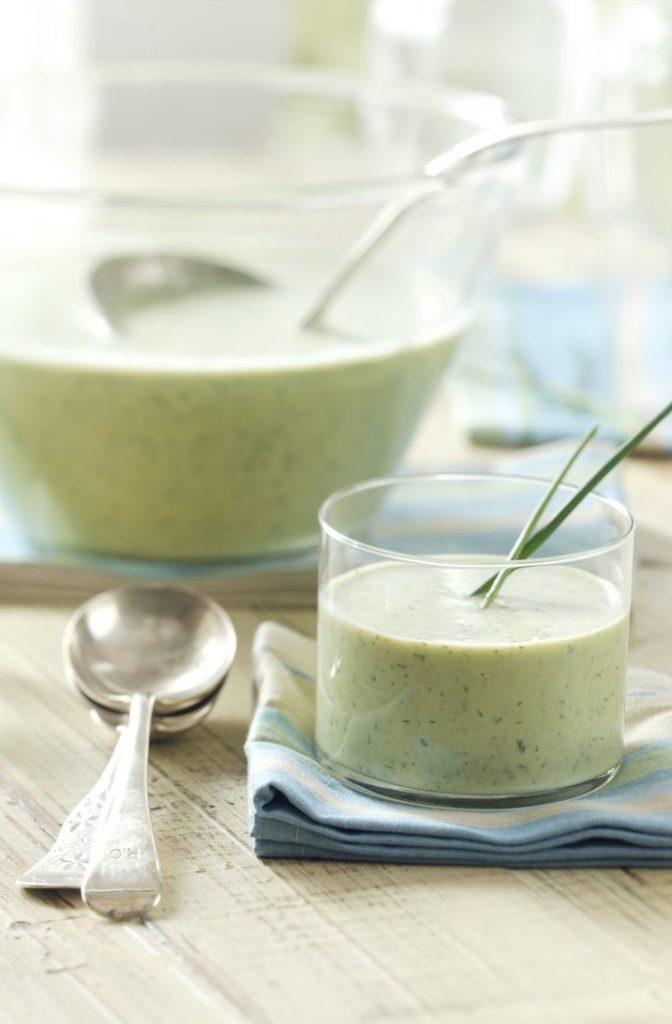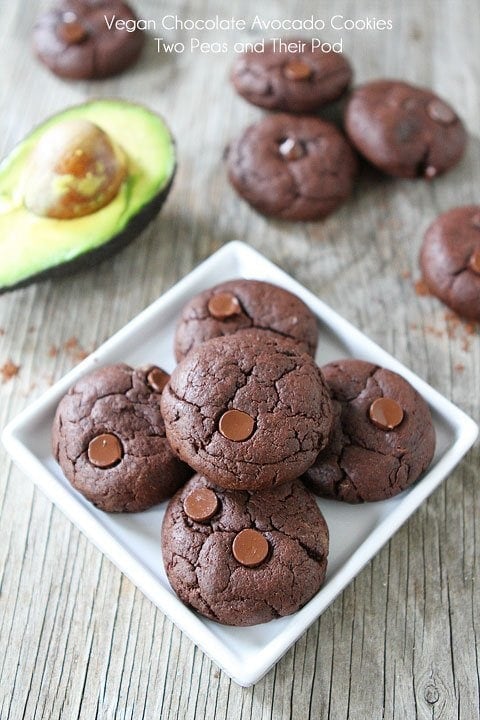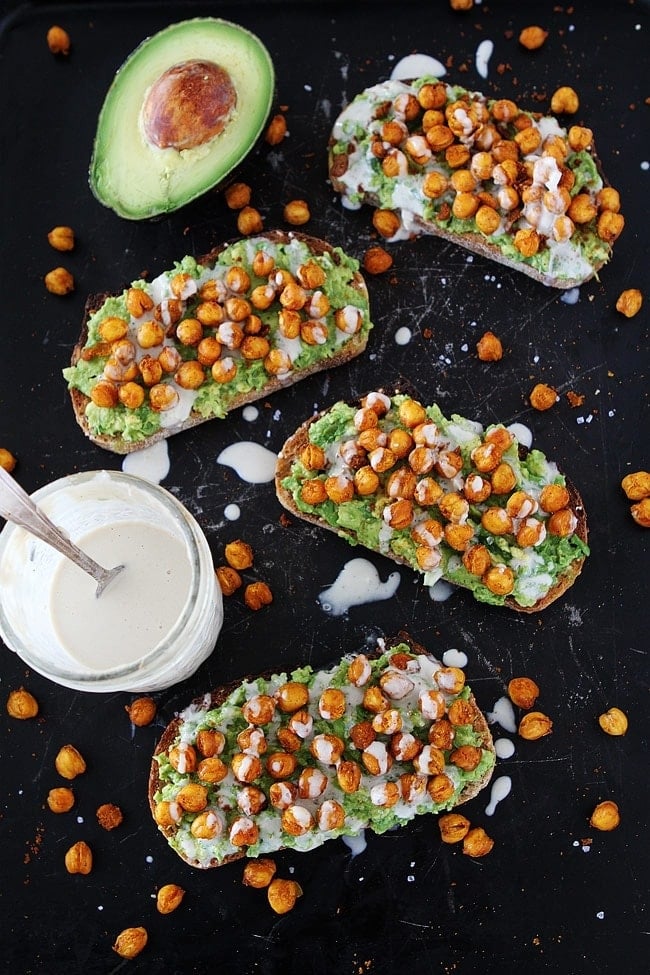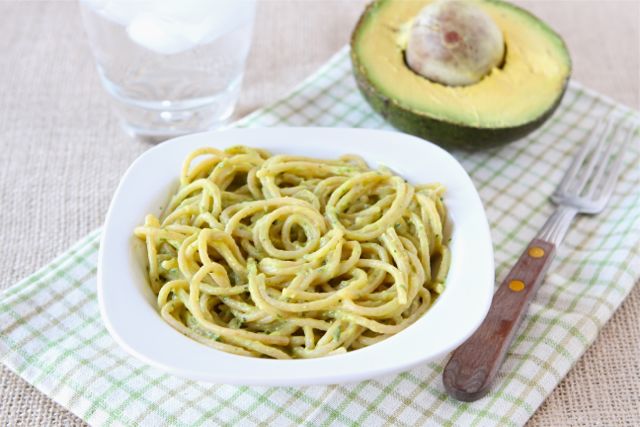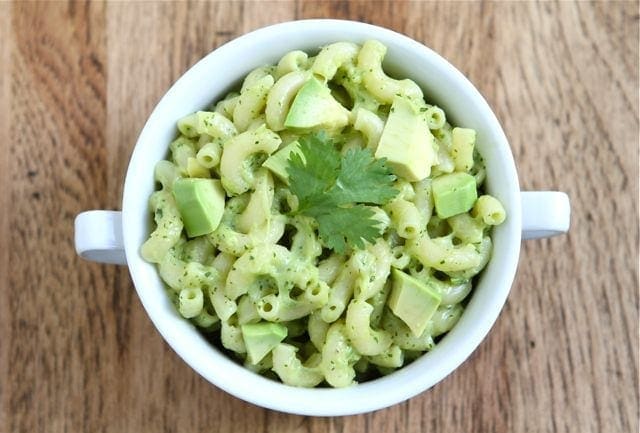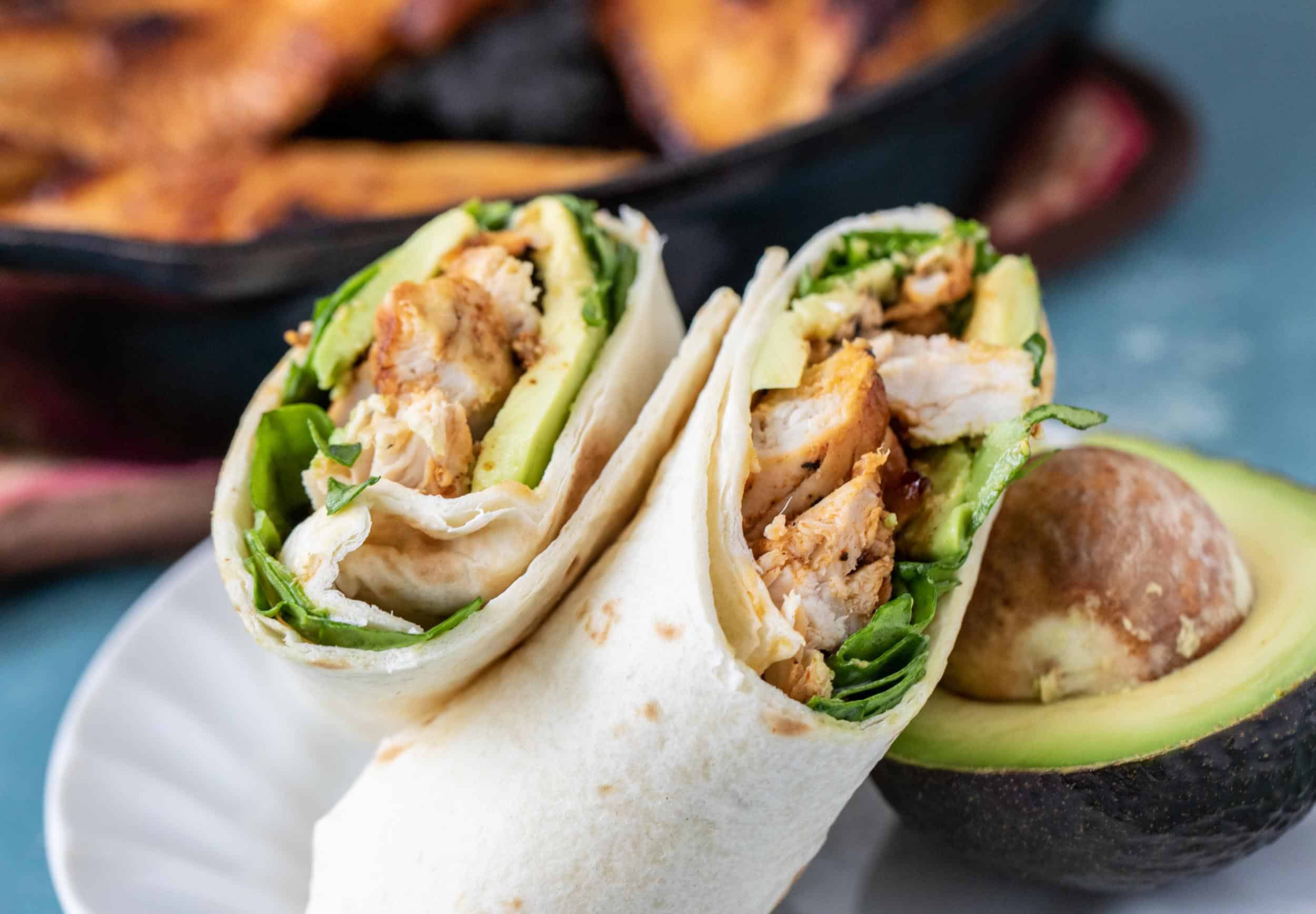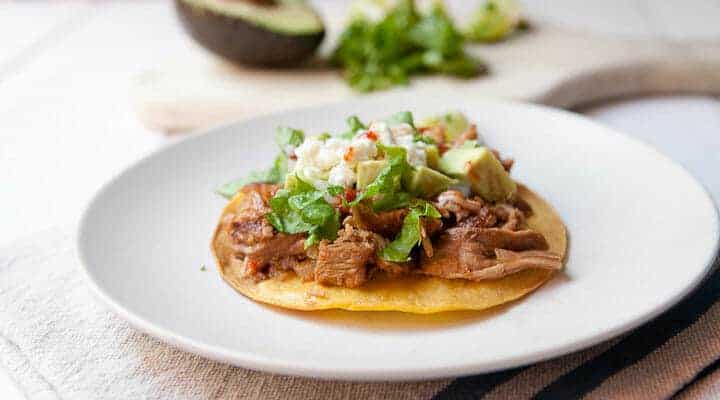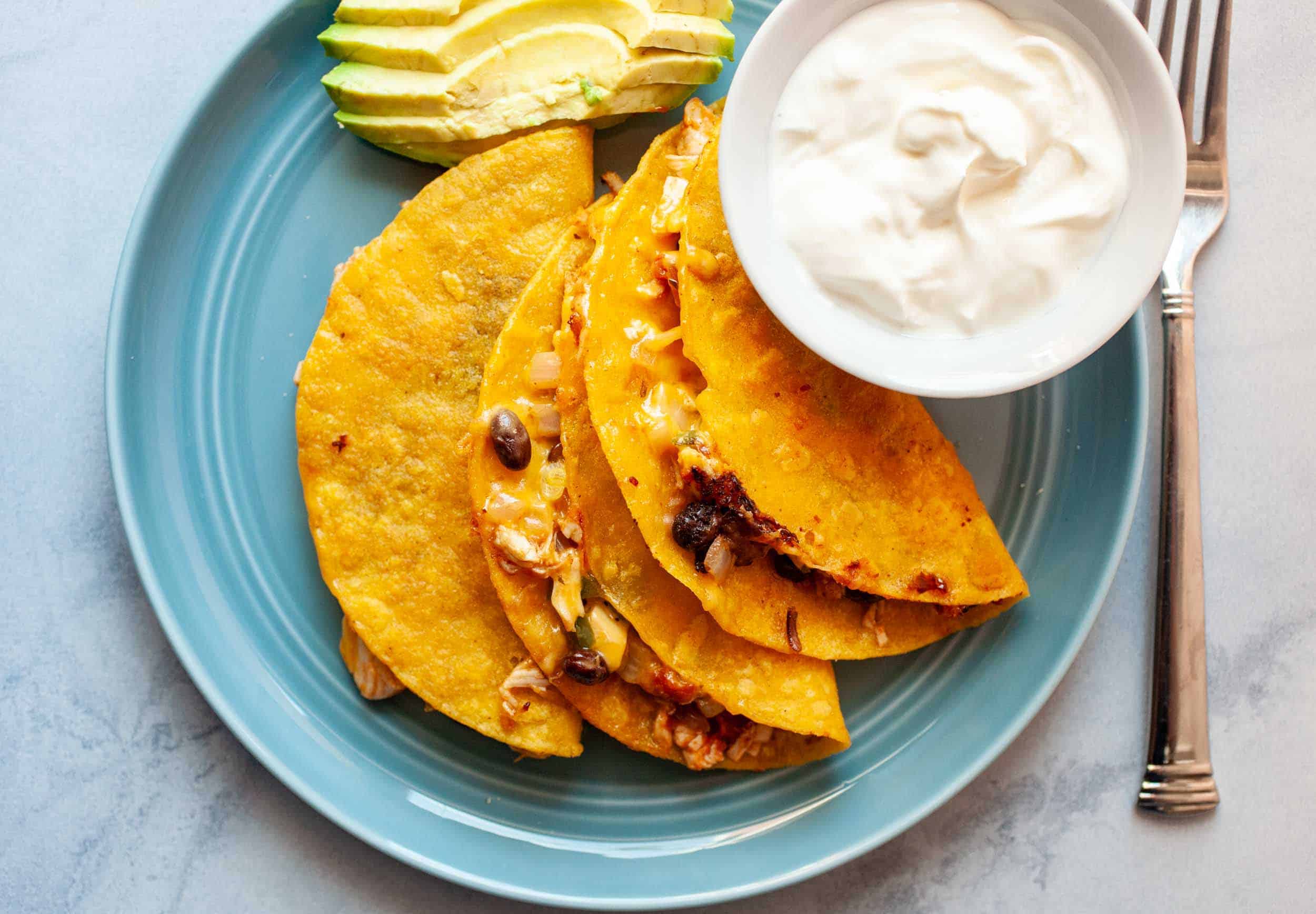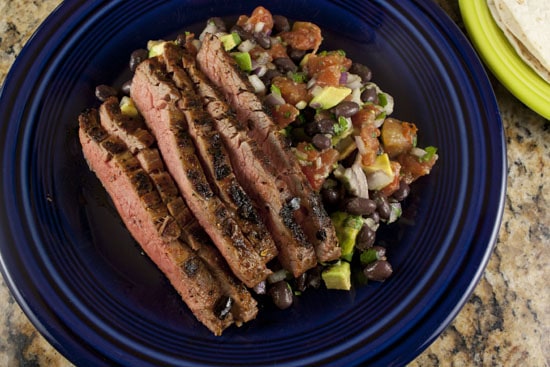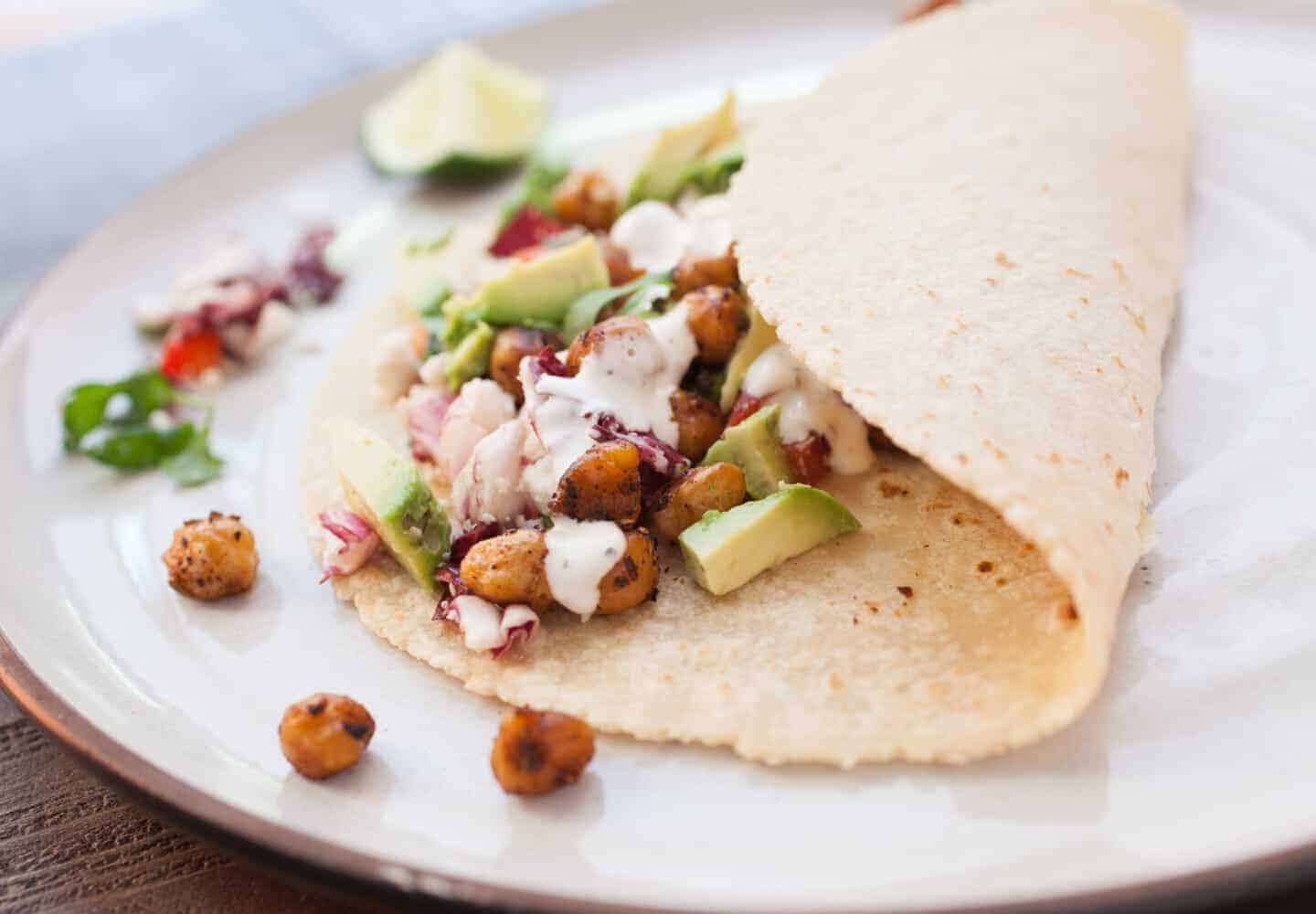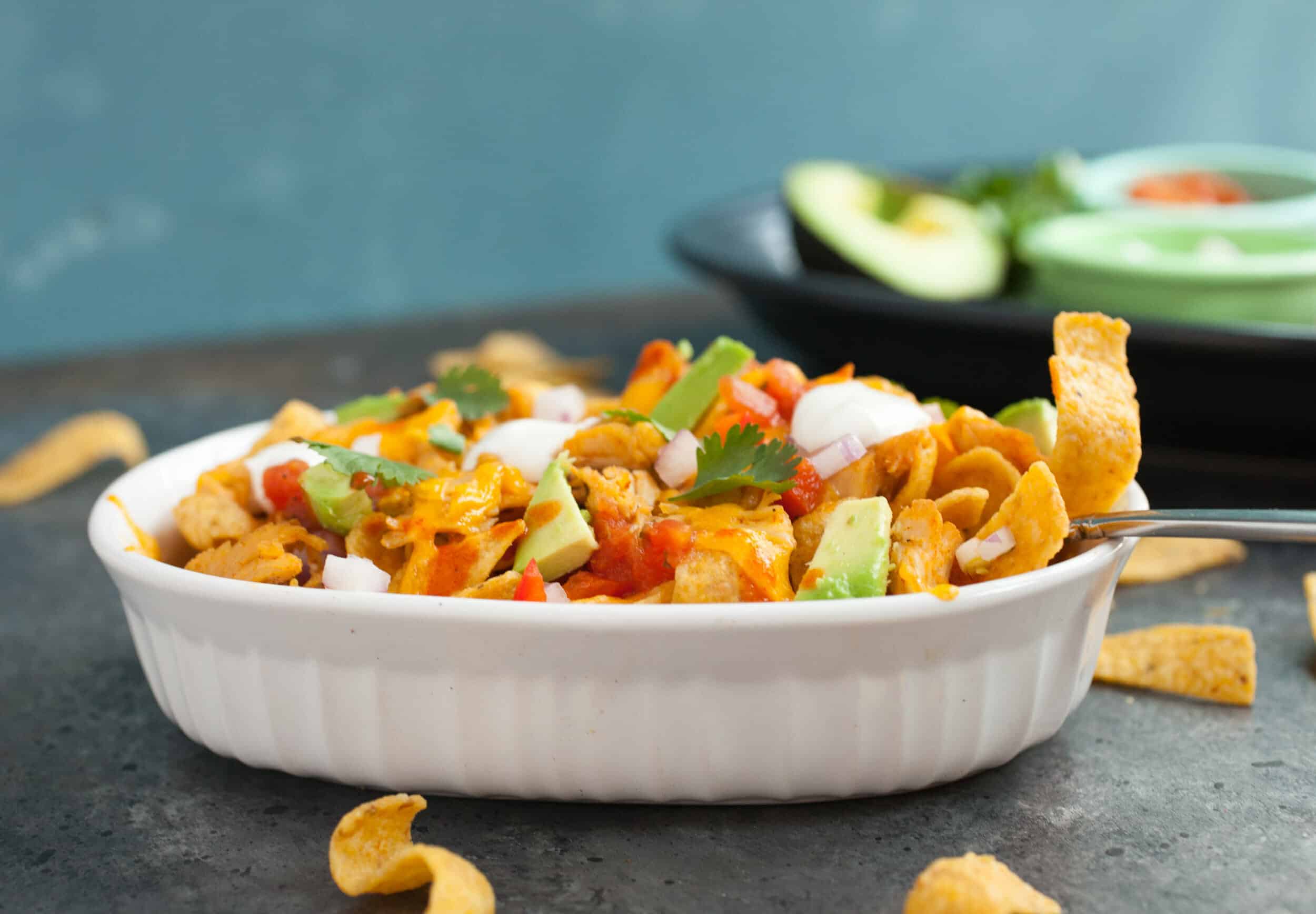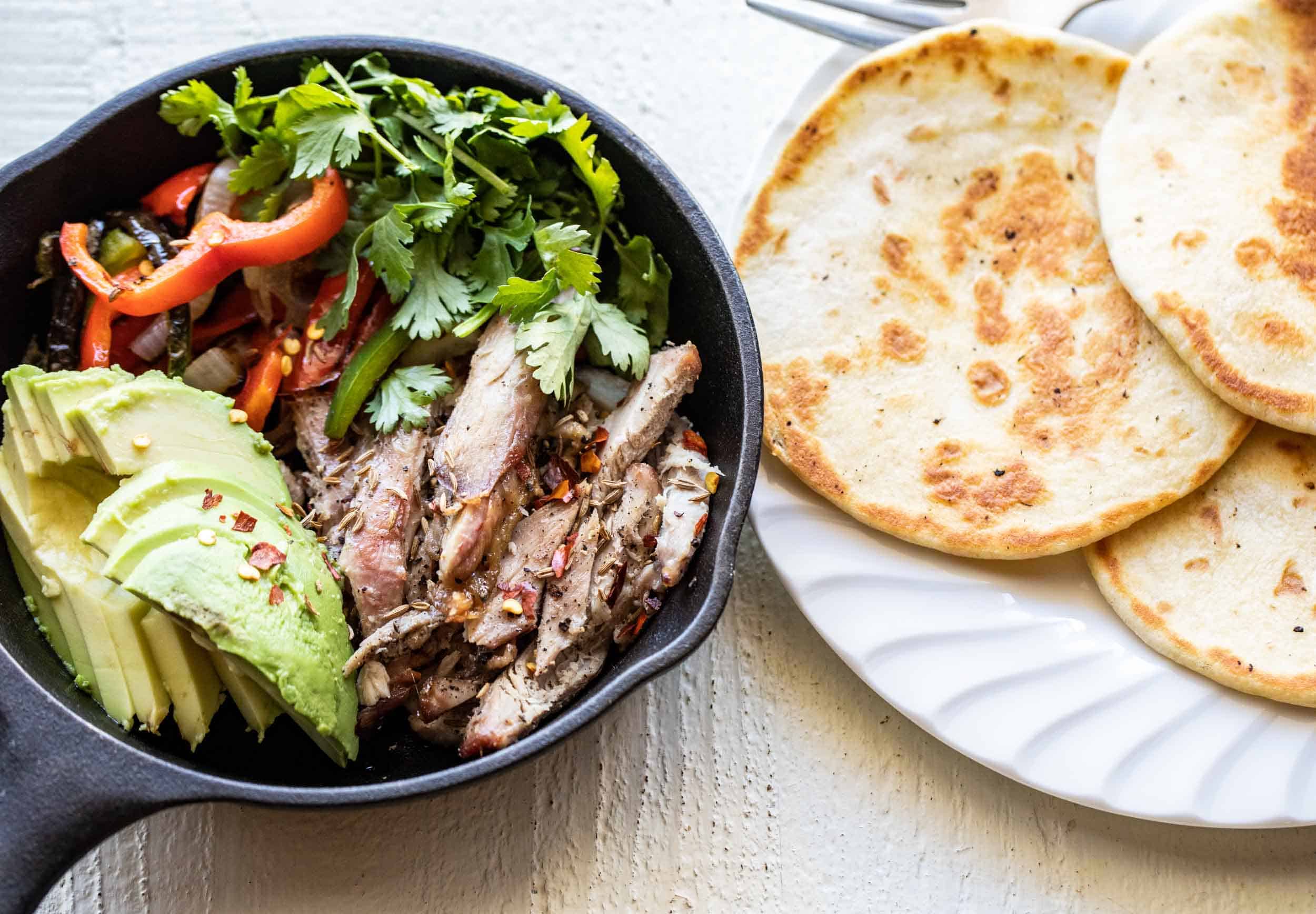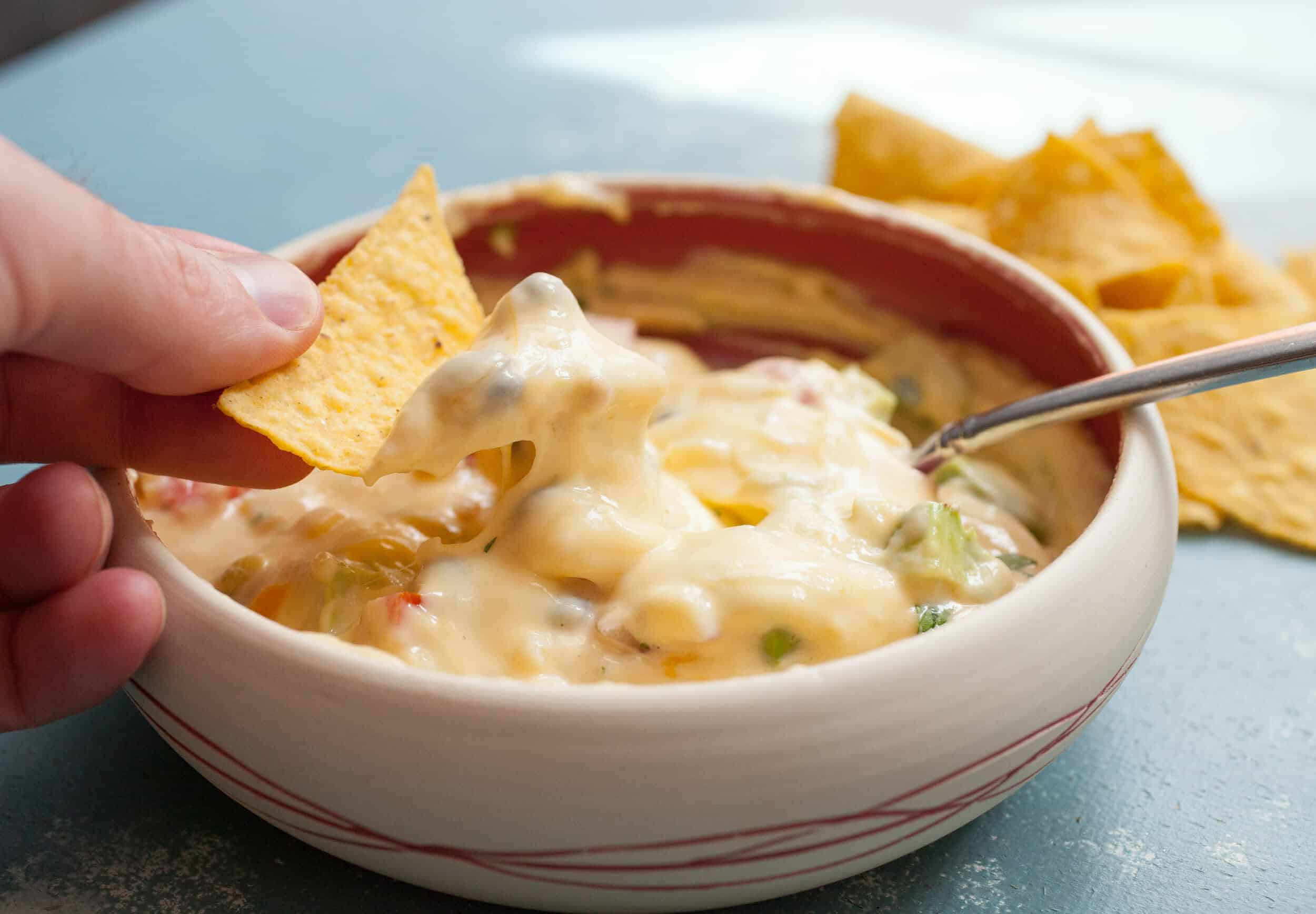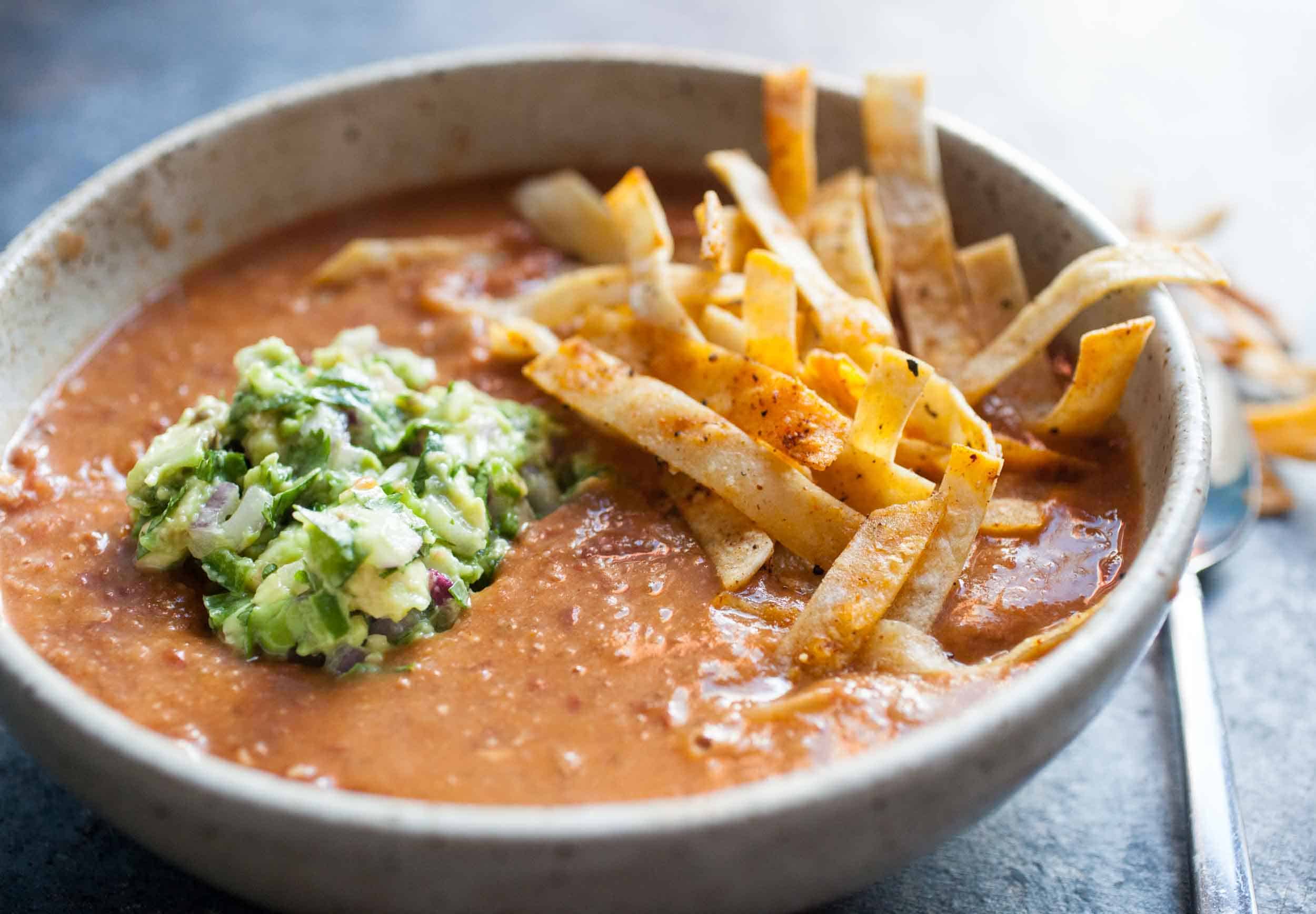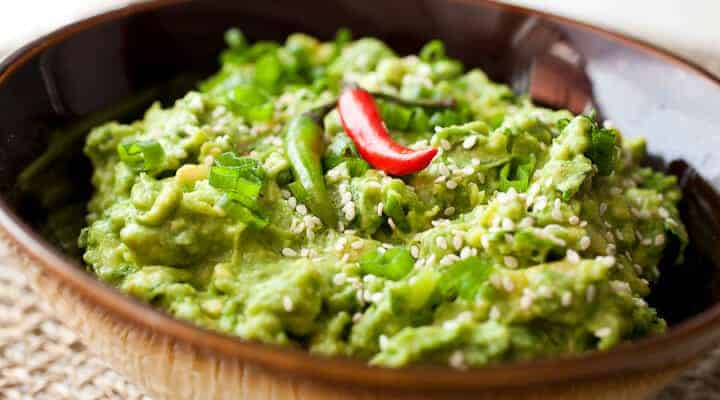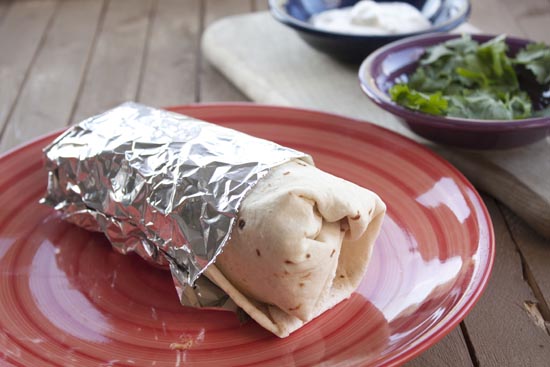Avocado: Important Facts, Health Benefits, and Recipes
Avocado is a nutrient-dense fruit popular for its rich and creamy texture, subtle flavor, and potential health benefits, such as promoting heart health.
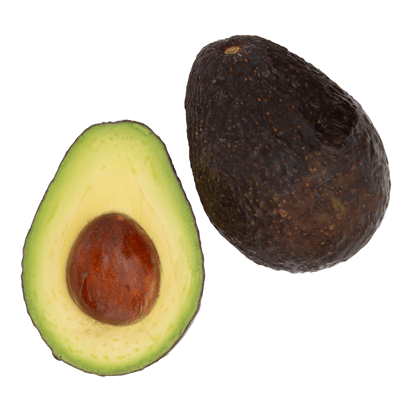
Nutritional Facts
1 avocado, NS as to Florida or California
Amount per serving
Calories
321.6
Carbohydrates
17.1 g
Fat
29.5 g
Protein
4 g
Saturated Fat
4.3 g
Sodium
14.1 mg
Fiber
13.5 g
Sugar
1.3 g
Best Avocado Recipes
-
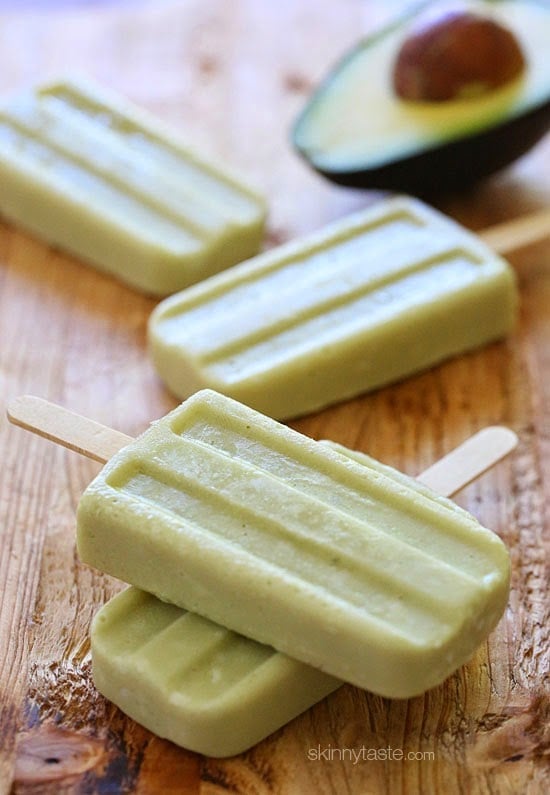
-

-
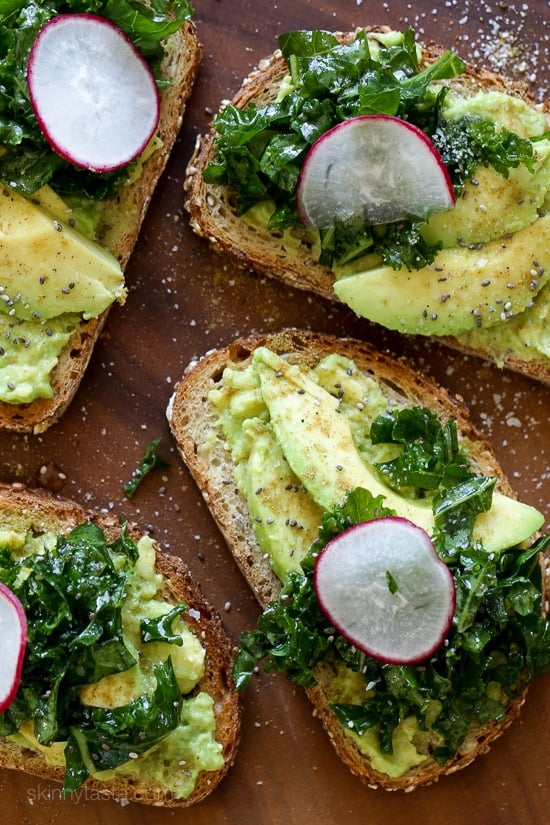
-

-
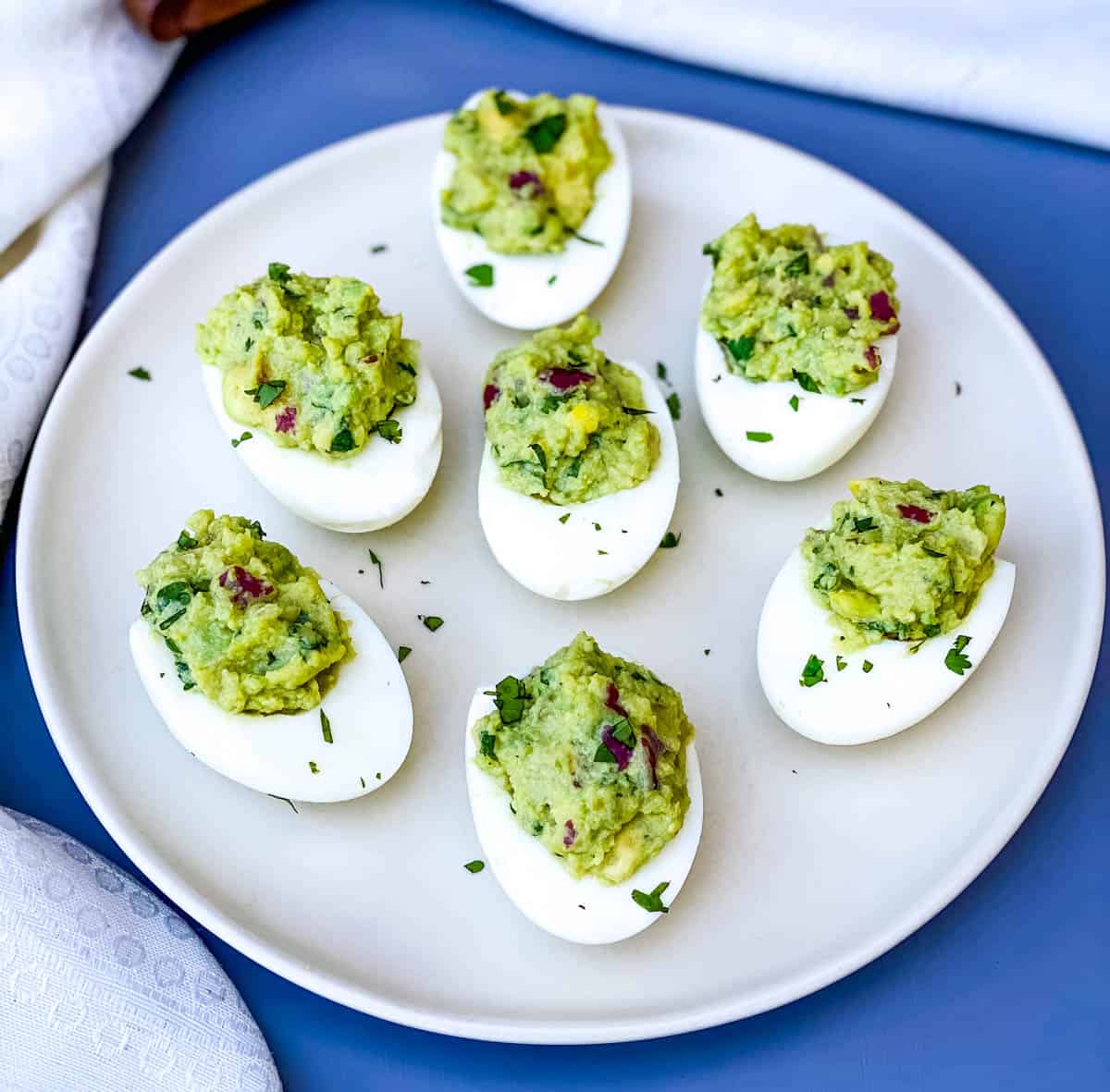
-

-
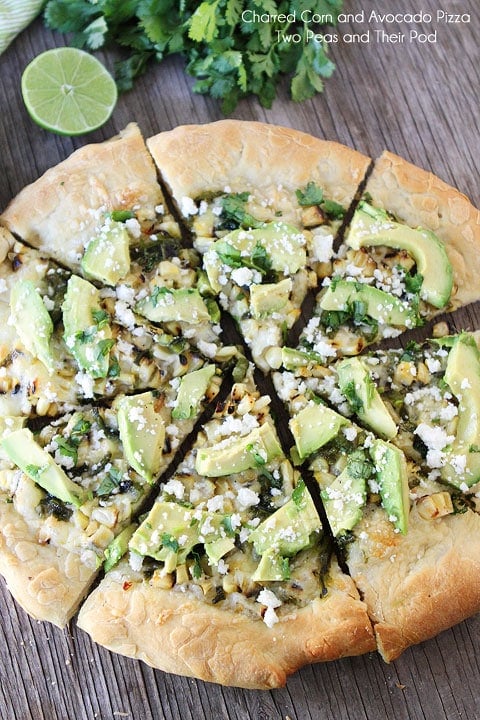
-

-
![Vegan Avocado Lime Ice Cream Recipe Image]()
-
![Cucumber and Avocado Gazpacho Image]()
-
![Vegan Chocolate Avocado Cookies Image]()
-
![Quinoa and Avocado Chimichurri Salad Image]()
-
![Grilled Avocado Tacos Image]()
-
![Roasted Chickpea Avocado Toast Image]()
-
![Creamy Avocado Pasta Image]()
-
![Stovetop Avocado Mac and Cheese Image]()
-
![Shrimp Quesadillas with Tomato Avocado Salsa Image]()
-
![California Turkey Burgers Image]()
-
![Santa Fe Burgers Image]()
-
![Baja Chicken Wraps Image]()
-
![Pork Tinga Tostadas Image]()
-
![Southwestern Hash Browns Image]()
-
![Breakfast Mushroom Torta Image]()
-
![Shredded Chicken Hard Tacos Image]()
-
![Quick Carne Asada Image]()
-
![Homemade Taquitos Image]()
-
![Crispy Chickpea Tacos Image]()
-
![Guacamole Omelet Image]()
-
![Croissant Breakfast Sandwich Image]()
-
![Homemade Mushroom Burgers Image]()
-
![Near Perfect Nachos Image]()
-
![Vegetarian Green Chile Enchiladas Image]()
-
![Street Corn Guacamole Image]()
-
![Pulled Chicken Frito Pies Image]()
-
![Leftover Turkey Fajitas Image]()
-
![Rooster Chicken Burgers Image]()
-
![Sheet Pan Breakfast Sandwiches Image]()
-
![Macheesmo Mud Image]()
-
![Protein Breakfast Sandwich Image]()
-
![Kidney Bean Soup Image]()
-
![Thai Guacamole Image]()
-
![Rainbow Spring Rolls Image]()
-
![Grilled Fish Tacos Image]()
-
![Chipotle Chicken Taco Bowls Image]()
-
![Loaded Potato Wedges Image]()
-
![The Colorado Burrito Image]()
-
![Greens and Ham Breakfast Bowl Image]()
-
![Baby Back Rib Nachos Image]()


:max_bytes(150000):strip_icc()/20230418-SEA-Vegan-Avocado-Lime-Ice-Cream-Hero-1-00306-VictorProtasio-742c2ff9162940248807fc05e4123037.jpg)
